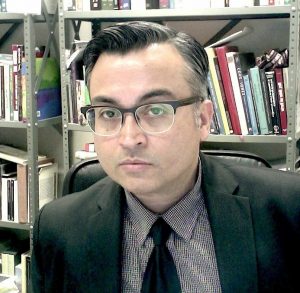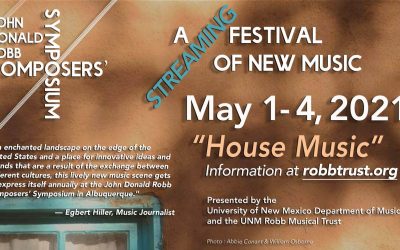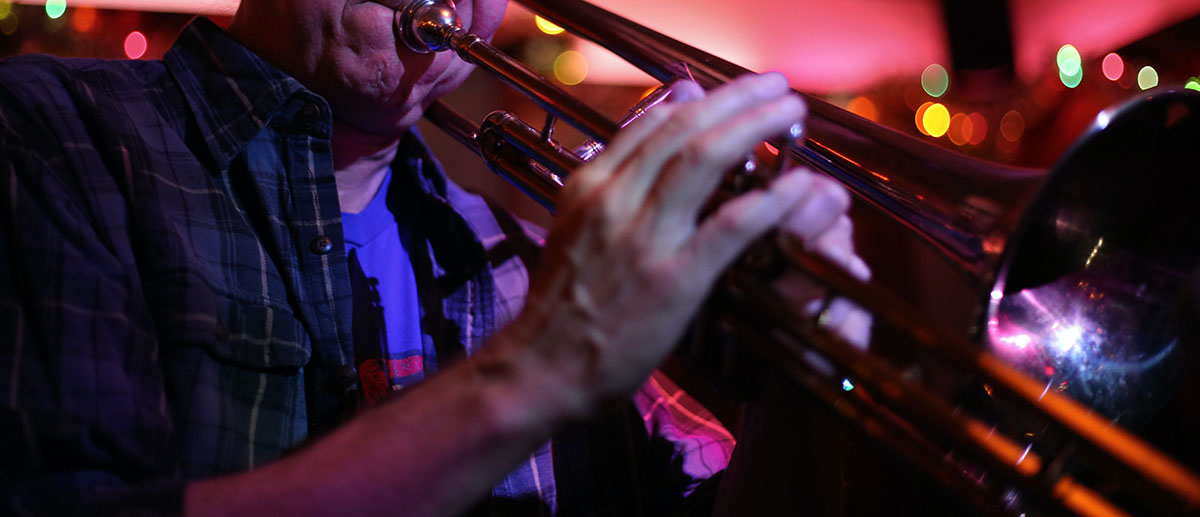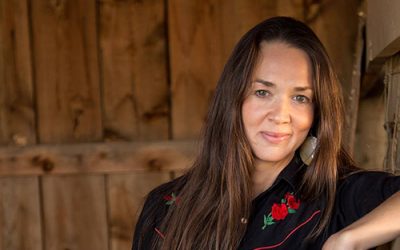Date: Thursday November 17, 2016
Time and Location:
2:00-3:30pm, Waters Room, Zimmerman Library
Lecture Title:
‘Sol y Sombra’: Music in Images in the Arts of New Spain
Description:
Scenes depicting musicians performing are found in a range of colonial art forms. Here, I briefly explore religious music from the 16th century through an examination of mission design and manuscript illuminations, and secular or profane music from the 18th century represented in genre paintings, domestic spaces, and biombos.
Biography:
Ray Hernández-Durán completed his Ph.D. in Art History at the University of Chicago. His courses cover Spanish Colonial Art and Architecture, Baroque Art, and African Art. He has articles in academic journals, including Nineteenth-Century Studies and Nineteenth-Century Art Worldwide; essays in edited volumes, such as, Buen Gusto and Classicism in the Visual Cultures of Latin America (1780–1910), Woman and Art in Early Modern Latin America, and Hacia otra historia del arte en México. His book, The Academy of San Carlos and Mexican Art History: Politics, History, and Art in Nineteenth-Century Mexico (Routledge) will be out in November 2016.
THE JOHN DONALD ROBB COMPOSERS’ SYMPOSIUM 2021 “HOUSE MUSIC”
THE JOHN DONALD ROBB COMPOSERS’ SYMPOSIUM 2021 “HOUSE MUSIC”STREAMING FESTIVAL OF NEW MUSIC May 1 – May 45 – 8:30 PM Since 1972, the internationally renowned symposium has brought composers and musicians from around the world to UNM for a series of public concerts and...
Dr. Karl Hinterbichler receives the Ken Hanlon Award from International Trombone Association
Dr. Karl Hinterbichler receives the Ken Hanlon Award from International Trombone Association The Kenneth Hanlon Award recognizes an individual that contributes greatly to the InternationalTrombone Association (ITA) and the trombone world with a spirit of generosity...
Dr. Kristina Jacobsen wins award for an article
Dr. Kristina Jacobsen wins award for an article The article ‘Don’t Even Talk to Me if You’re Kinya’áanii [Towering House]’: Adopted Clans, Kinship, and ‘Blood’ in Navajo Country” was awarded “the most thought-provoking article in Native American and Indigenous Studies...




